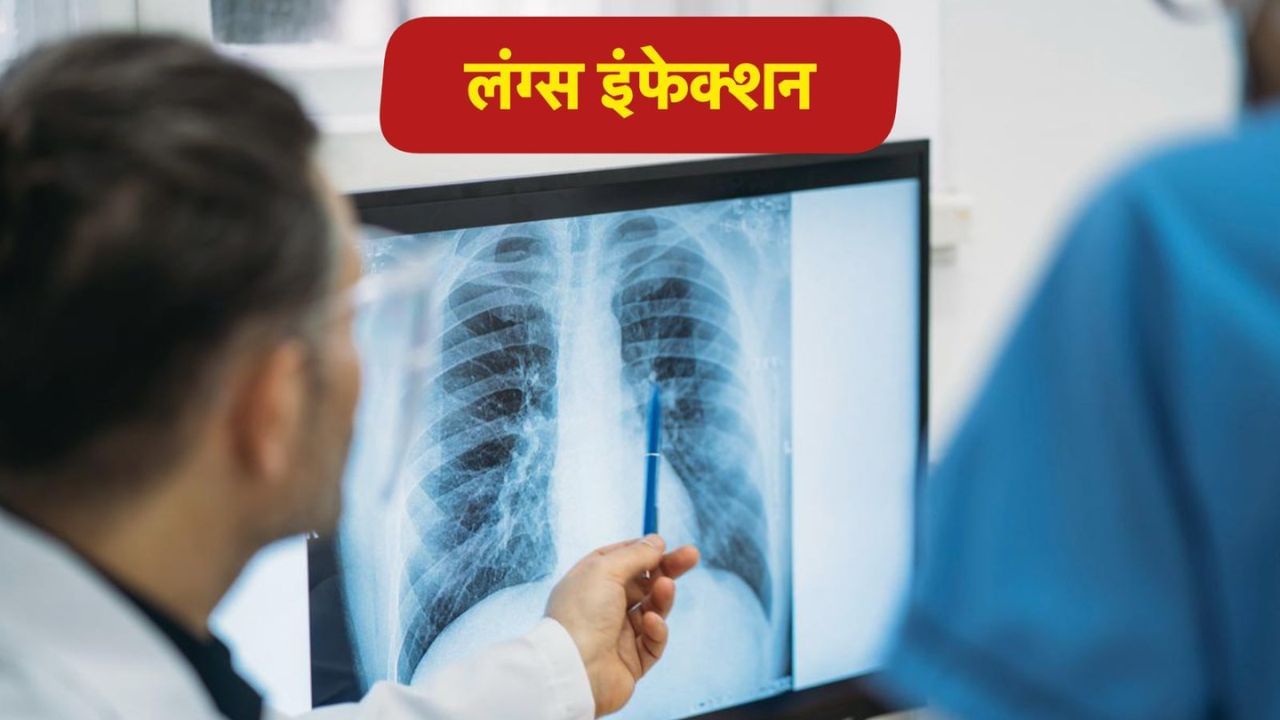Symptoms of lung infection Image Credit source: Getty Images
Lungs Infection: Lung infection means that the lungs have become inflamed or infected due to bacteria, virus or fungus. This infection affects the functioning of the lungs and can cause trouble in breathing. People who have weak immunity, such as the elderly, small children, people with diabetes or chronic diseases, are most at risk. This infection can also spread quickly among smokers and those who constantly live in polluted air. Apart from this, if a person has recently had cold or flu, he also has an increased risk of getting a lung infection.
lungs There can be many reasons for infection. The most common reason is the attack of bacteria and viruses, which reach the lungs during cold, flu or other respiratory diseases. Apart from this, weak immunity, smoking, living in polluted environment and prolonged cough or throat problem also increase the chances of infection. Some people suffer from chronic diseases like diabetes, heart disease or asthma, in whom this infection can be more serious. Not keeping the lungs clean and wrong eating habits also increase the risk. Therefore, it is very important to pay attention as soon as the symptoms appear.
What are the symptoms of lung infection?
Dr. L.H. at Lady Hardinge Hospital. fraudster It is said that the symptoms of lung infection can be mild or severe. Early symptoms often include a persistent cough, mucus or phlegm, mild fever, fatigue, and shortness of breath. In some cases, chest pain, high fever, pain in bones or muscles, sneezing or throat irritation may also be felt. In severe infection, conditions like difficulty in breathing, rapid breathing, face turning blue or pale, persistent high fever can occur. If these signs appear, a doctor should be contacted immediately, because if the infection progresses, the functioning of the lungs can be affected and can become life threatening.
prevention methods
Avoid going to polluted or crowded places by wearing a mask.
Keep washing hands and use a handkerchief or elbow when coughing or sneezing.
Stay away from smoking and cigarettes.
Take a balanced and nutritious diet, so that immunity remains strong.
Get vaccinated on time, such as flu or pneumococcal vaccine.
Keep the air in and around the house clean and take care of ventilation.
